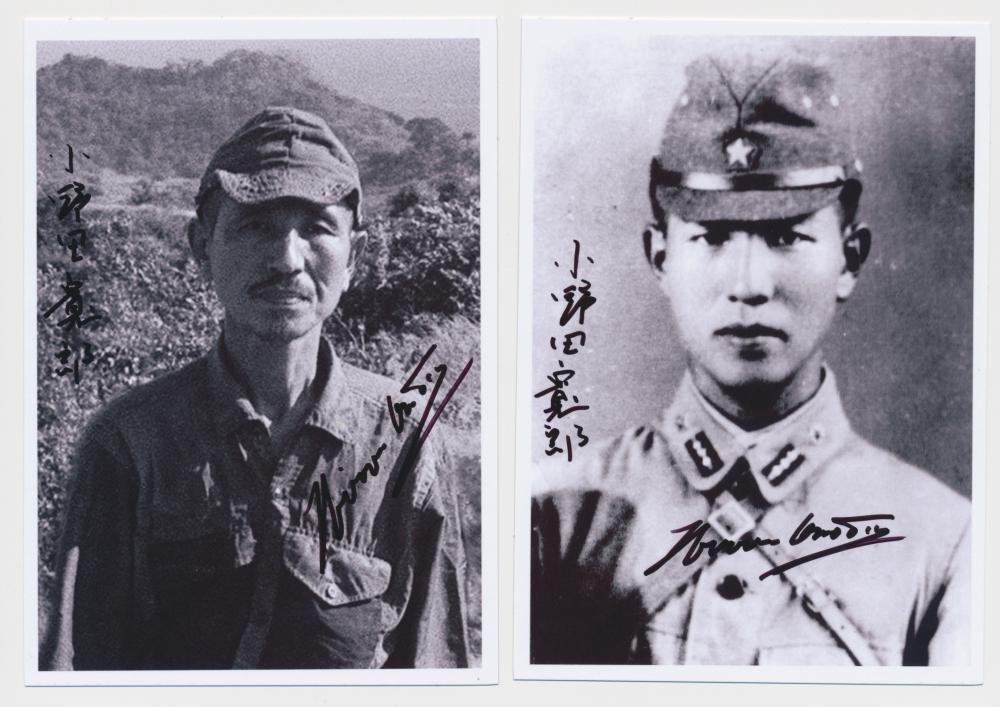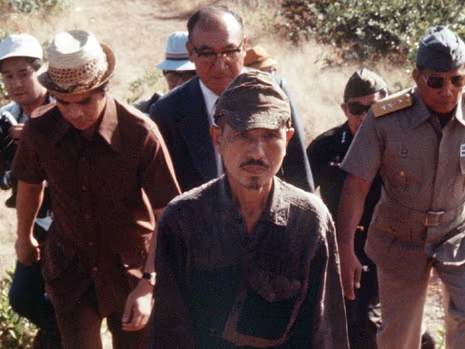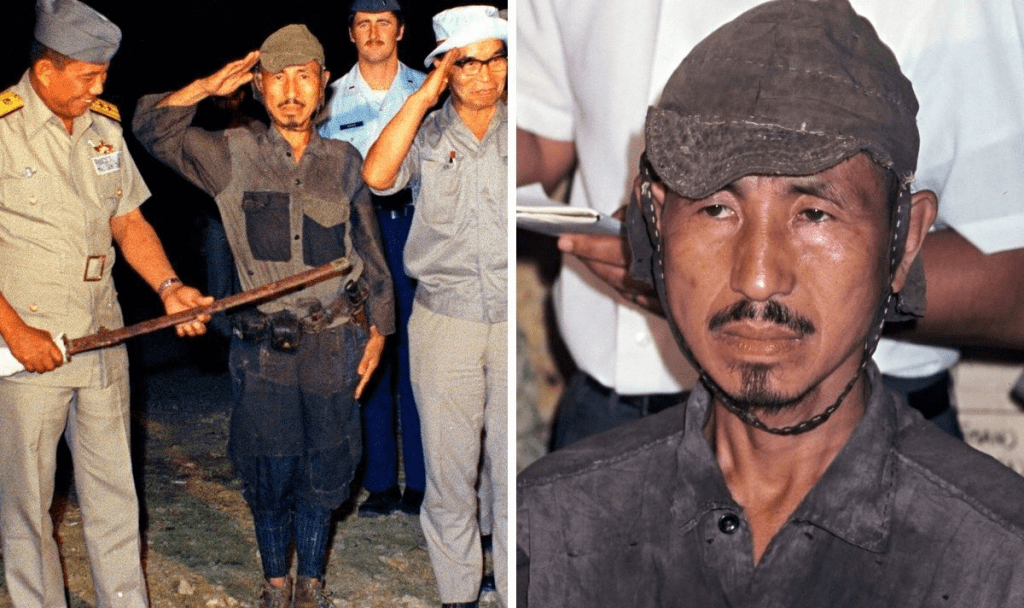In the dense jungles of the Philippines, time stood still for one man. Hiroo Onoda, a Japanese intelligence officer during World War II, held onto his mission long after the rest of the world had moved on. For nearly three decades, he lived as if the war had never ended because, in his mind, it hadn’t.
His story is one of extraordinary loyalty, survival, and conviction. But it also stands as a haunting example of how belief, once rooted deeply enough, can disconnect someone entirely from reality.

The Mission That Would Not Die
Onoda was deployed to Lubang Island in the Philippines in 1944, during the final stages of World War II. His orders were clear: conduct guerrilla warfare, gather intelligence, and never surrender. He was told that even if Japan were to lose, it would eventually return. His job was to hold out and wait.
When Japan surrendered in August 1945, leaflets announcing the war’s end were dropped across the island. But Onoda dismissed them as enemy propaganda. He believed they were tricks designed to flush him out. To him, surrender meant betrayal and so he kept going.

A Life Lived in Hiding
Over the years, Onoda and a few fellow soldiers hid in the jungle, surviving on stolen food and whatever nature could offer. They raided local farms for rice and bananas, and they kept their rifles ready, convinced that at any moment, the war might resume.
Video:
Hiroo Onoda Fought WWII For 30 Additional Years
As time passed, one by one, his companions either surrendered or were killed in skirmishes with local authorities. By the early 1970s, Onoda was alone, still hiding in the forest, still clinging to the belief that Japan had not given up the fight.
Attempts to reach him were made throughout the years. Helicopters flew over his hiding spots with loudspeakers. Japanese officials and even his own family pleaded for him to come home. But nothing worked. He was too deep in his mission too loyal to abandon it.
The Only Order He Would Obey
It wasn’t until 1974 that Hiroo Onoda finally laid down his rifle. A young Japanese man named Norio Suzuki, fascinated by the story, set out to find him. Against all odds, he did. But even face to face, Onoda refused to surrender without direct orders from his former commander.
In an extraordinary turn of events, the Japanese government located Major Yoshimi Taniguchi, Onoda’s commanding officer from three decades earlier. He was brought to Lubang Island and personally delivered the order to stand down.
Only then, dressed in his tattered uniform and carrying his still-functioning rifle, did Onoda emerge from the jungle and surrender.

Returning to a Different Japan
When Onoda returned to Japan, he stepped into a world he didn’t recognize. It was no longer the nation he had sworn to protect. Postwar Japan had become a pacifist, technologically advanced country. The Tokyo skyline now glowed with neon lights. Skyscrapers towered where ruins once stood.
He was both celebrated and questioned. To some, Onoda was a hero of unwavering loyalty. To others, his refusal to accept reality had caused needless harm and suffering. During his time in hiding, he had been involved in shootouts that left civilians dead events that weighed heavily on the moral interpretation of his actions.
Video:
戦争が続いていると信じ29年潜伏を続けた「最後の日本兵」小野田寛郎さん 戦いを終えメディアの前に(1974年)
Legacy of Conviction and Controversy
Hiroo Onoda’s story sparks admiration, confusion, and reflection. It forces us to ask uncomfortable questions: When does loyalty become blindness? When does duty cross into delusion? His actions were rooted in obedience and honor, but they were also built on misinformation and isolation.
After his return, Onoda briefly moved to Brazil, seeking peace and anonymity. He later returned to Japan and opened a survival school for youth, hoping to teach them resilience but also, perhaps, perspective.
He passed away in 2014 at the age of 91, leaving behind a legacy unlike any other.

Conclusion: A Man Lost in Time
Hiroo Onoda’s decades in the jungle were more than just a survival tale. They were a vivid portrait of how powerful belief can be. He clung to his mission with complete devotion, unaware that the world had moved on without him.
In many ways, he lived outside of time a soldier whose war had ended, but who continued to fight because he could not believe in peace. His life remains a powerful, sobering reminder of how far conviction can carry a person when it becomes untethered from the world around them.


